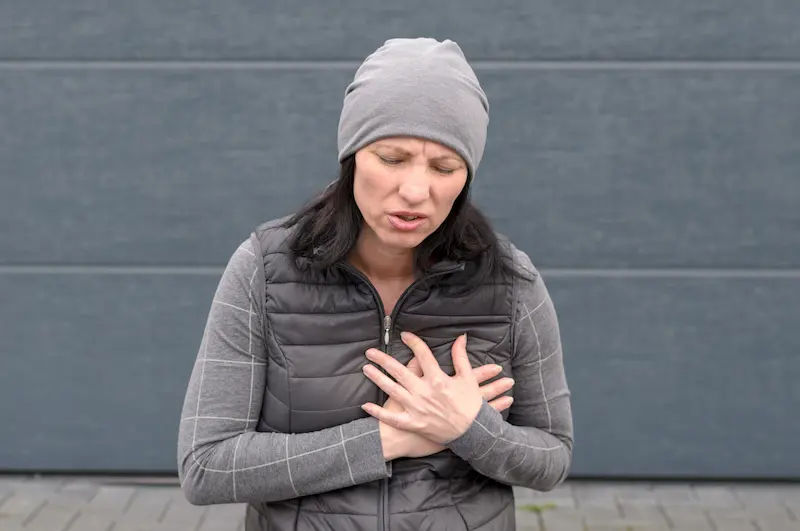- Female
- 30 Years
- 07/02/2025
I'm wondering if it's normal to have tachycardia because both my ECG and echo tests came back normal, but I still experience it. My heart feels like it's beating really loudly, and when I check my pulse with an oximeter, it can shoot up to around 120, then it settles back to normal after a while. It's pretty scary when my heart rate spikes like that. Are there any more tests I should consider to figure out what's going on?
Answered by 1 Apollo Doctors
Tachycardia, or a fast heart rate, can be concerning even if your ECG and echo are normal. Since you are experiencing symptoms such as a loud heartbeat and fluctuations in your pulse rate, it is important to further investigate the underlying cause. To address your tachycardia and associated symptoms, you may consider undergoing additional tests such as a Holter monitor to continuously record your heart's activity over 24-48 hours, a stress test to evaluate your heart's function during physical activity, and blood tests to check for any underlying medical conditions. In the meantime, to help manage your tachycardia symptoms, you can consider taking medications such as Metoprolol (25-50mg) to help regulate your heart rate and reduce the sensation of palpitations. It is important to follow up with your healthcare provider for further evaluation and management.
Dr. Anshul Suggests...
Consult a Cardiologist
Answered 04/07/2025
0
0

More Cardiology Health Queries
View allWhat should we do if a heart attack or stroke happens? My dad recently had one, and I'm worried about what steps we need to take to care for him properly. Could you give some advice or tips on what precautions are important in these situations?
refer to cardiologist
Answered by 1 Apollo Doctors
I'm worried about left ventricle failure and what steps are involved in managing it. How do I go about registering for a heart transplant and who should I contact? Could you guide me through this, please?
Left ventricular failure is a serious condition where the heart's left ventricle is unable to pump blood effectively to the rest of the body. Treatment for left ventricular failure typically involves a combination of medications such as ACE inhibitors (e.g. Enalapril) and beta blockers (e.g. Metoprolol) to help improve heart function and manage symptoms. In some cases, a heart transplant may be recommended for severe cases of left ventricular failure. To register for a heart transplant, you would need to contact a specialized heart transplant center or hospital that performs such procedures. Some well-known centers for heart transplants include Cleveland Clinic, Mayo Clinic, and Johns Hopkins Hospital. It is important to consult with a cardiologist or heart failure specialist to discuss your options and determine the best course of action for your specific situation.
Answered by 1 Apollo Doctors
I'm really worried about my husband. He had a heart attack on February 6, 2017, and only one artery was opened during the angioplasty. He was on a ventilator and an IBP machine for four days. Then he had a CABG on March 9, 2017. Since then, he's been having this stiff feeling at the back of his head and constant pain there. What could be causing this, and should we be concerned?
use medicine
Answered by 1 Apollo Doctors
Disclaimer: Answers on Apollo 247 are not intended to replace your doctor advice. Always seek help of a professional doctor in case of an medical emergency or ailment.




